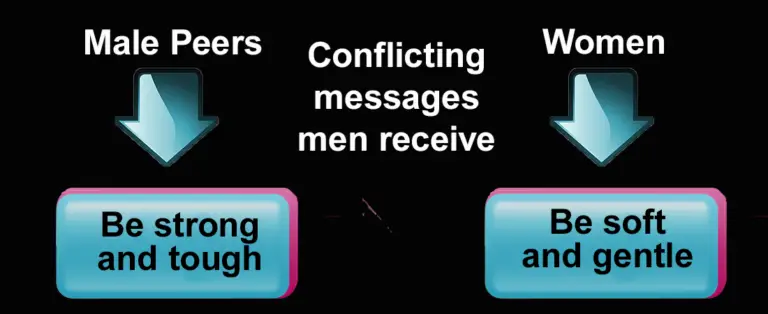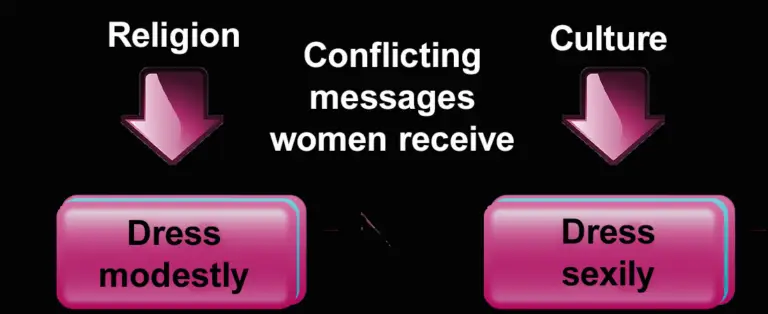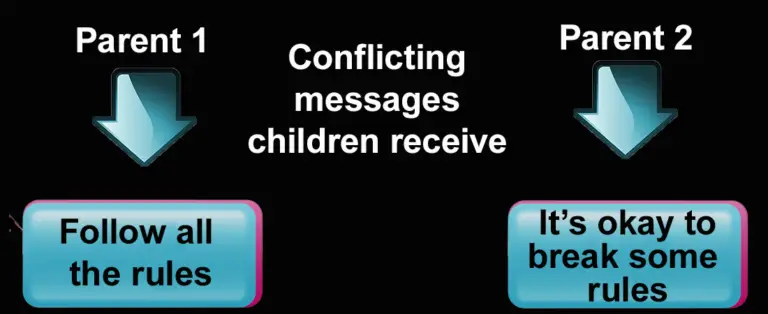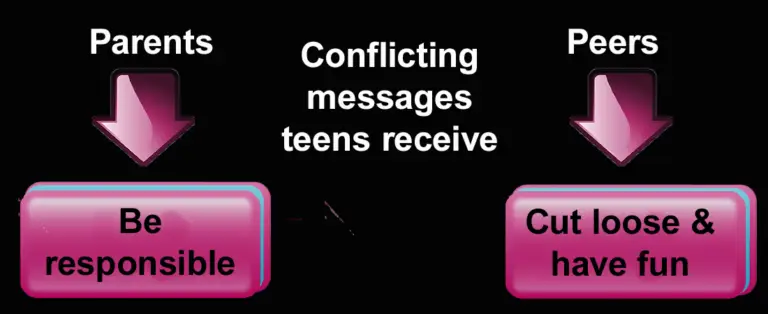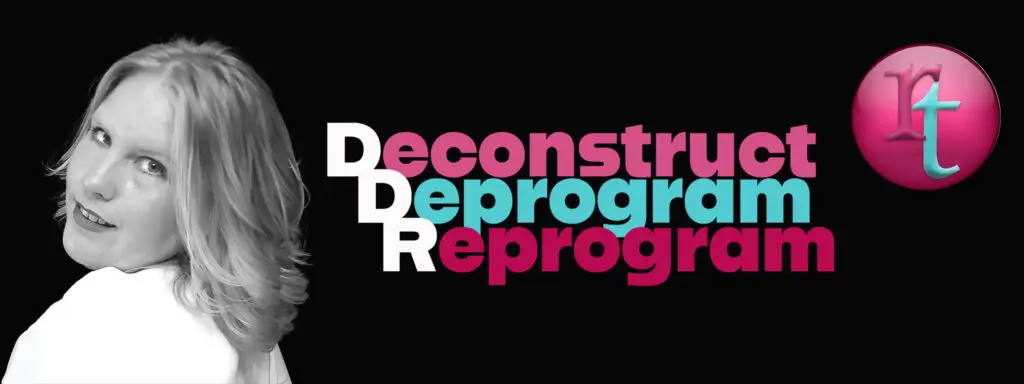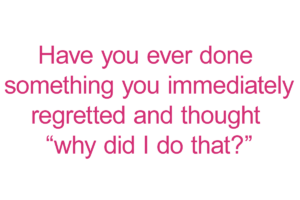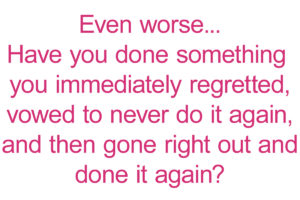
We often think of beliefs as only relating to religion, but beliefs actually form the basis of your value system, which drives every single decision you make; from what brand of toilet paper to buy to whether or not to get married. Our beliefs are not always what we think they are, or even what we want them to be. We will often lie to others about our beliefs and not even be aware of it because we are also lying to ourselves about them as well. You can’t be honest with others about something you are lying to yourself about.
Many of our beliefs have actually been handed to us (taught to us) fully formed by parents, clergy, teachers, other adults and even our peers. Unfortunately, sometimes these beliefs and values conflict with each other and/ or with our own innate internal values, such as when a parent tells us to lie even when we’ve been taught that lying is wrong or “bad”. When we try to hold disparate beliefs equally, it creates something called cognitive dissonance.
Cognitive dissonance is what happens when we hold two disparate ideas or competing belief systems to be equally true.
Cognitive dissonance creates psychic discomfort, so humans have become masters at avoiding it. To avoid cognitive dissonance, we generally choose to accept one belief system over another, or receive information from one source but not another. One example of this is that most people either watch Fox News or MSNBC, but not both. Sometimes we can’t do this, however, such as when children receive two different messages from two parents who each hold equal authority. In that case, we often choose one over the other.
Cognitive dissonance only occurs when we encounter a conflict between two deeply held, or core beliefs. The less deeply we hold a certain belief – like one sports team being superior to another – the less likely we are to experience cognitive dissonance. The more loosely we hold certain beliefs, the easier we may find it to switch between belief systems depending on who we are around. This is called code switching.
Every one of us was born to be a certain way, but then we were also taught how to be. The ways we were taught to be may not feel natural to us and may create both psychic and physical discomfort. Deconstruction is the dissection of your belief system, which includes how you believe you are supposed to be in this world. Deconstrucion can help you find your authentic self in order to become the person you were meant to be and live the way you were meant to live.
Here are some examples of how we might receive conflicting messages from various sources.
